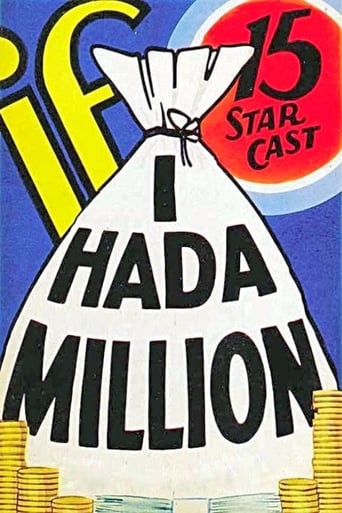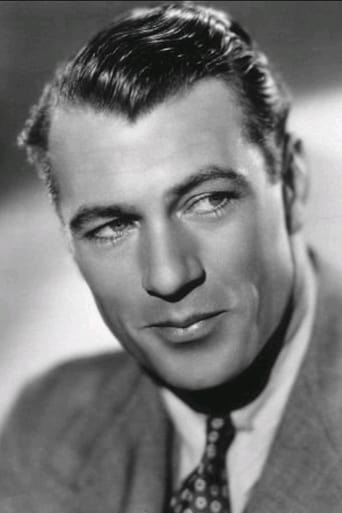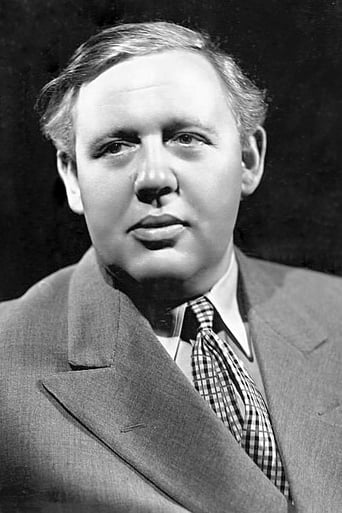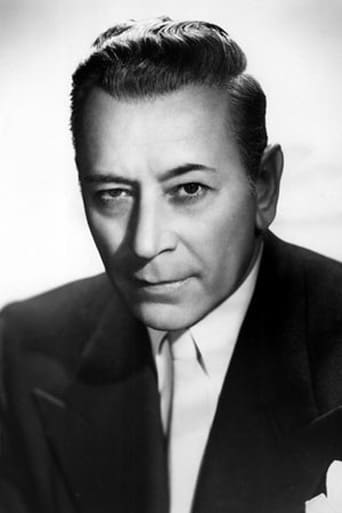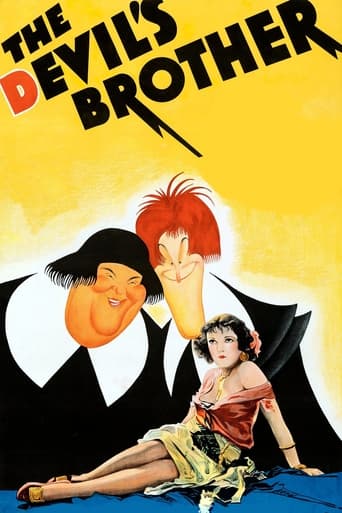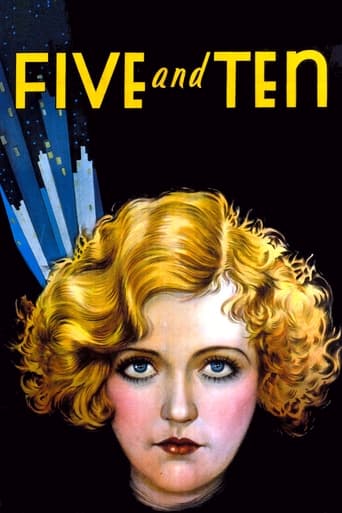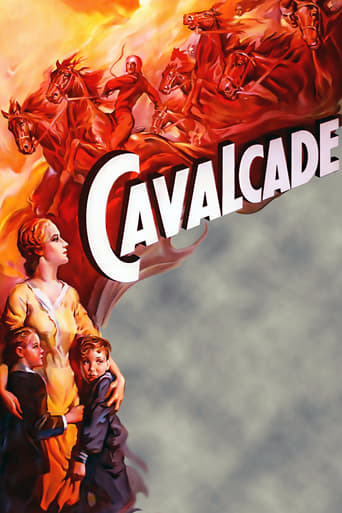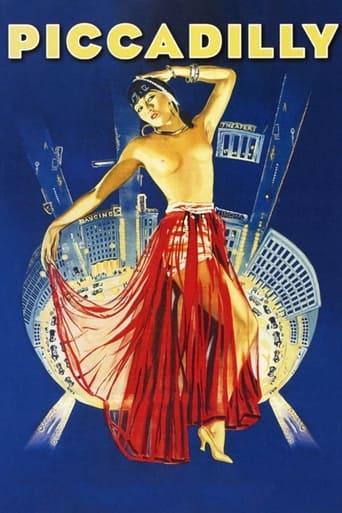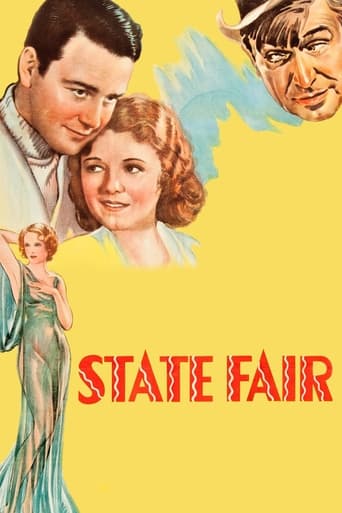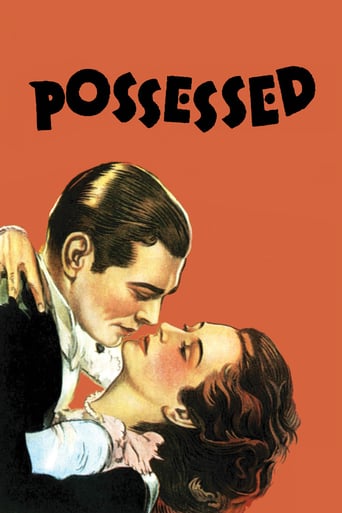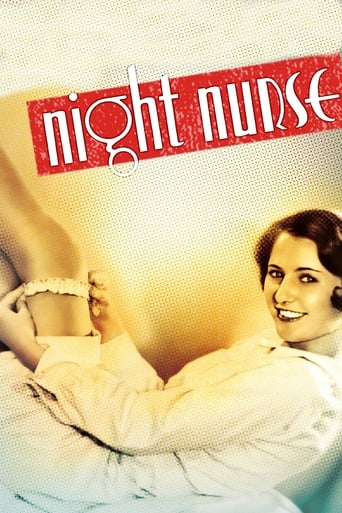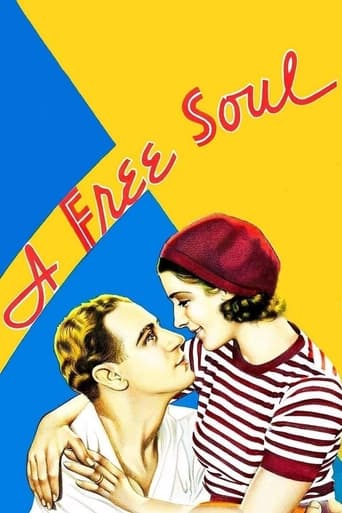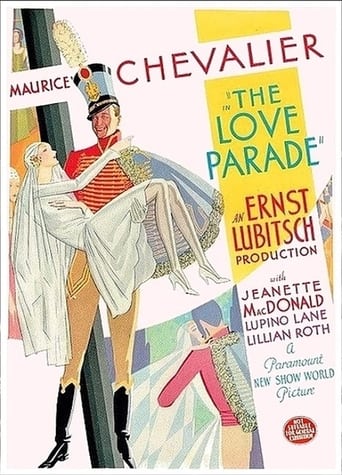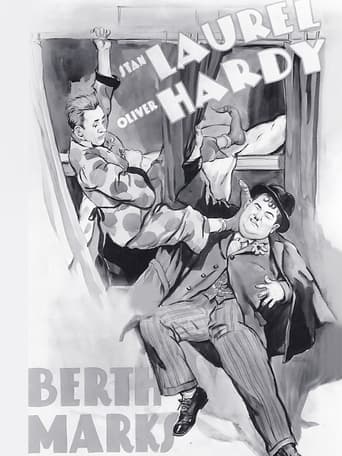If I Had a Million (1932)
An elderly business tycoon, believed to be dying, decides to give a million dollars each to eight strangers chosen at random from the phone directory.
Watch Trailer
Free Trial Channels
Cast


Similar titles
Reviews
Too much of everything
Most undeservingly overhyped movie of all time??
Good story, Not enough for a whole film
The movie is wonderful and true, an act of love in all its contradictions and complexity
I wanted to see this movie for a couple of decades after I first heard about it, but none of the TV stations in my area ever aired it, and (despite its cult) it has never been released on video or DVD. Thank goodness for Turner Classic Movies, which aired this recently.Was it worth the wait? Yes it was. Certainly, the movie isn't perfect - there are several episodes that seem a bit too close to their themes. Two segments concern criminals who can't cash their checks, and there are two segments about cowed individuals who get revenge against their bosses once they get their checks. But there's a lot more positive to say about the movie. ALL the episodes are entertaining, the best being the W. C. Fields episode (hilarious even though you'll think of modern day and deadly road rage while watching it.) And enough of the segments concern people getting what they have desired to get for a long time - you'll really relate to them.Come on, Universal, release this on DVD!
The Charles Laughton section was the first I saw of this film when it was run at The National film Theatre in London in the 60s.It seems there were two versions of this part made. For the US all Laughton does is blow a large raspberry (Bronx Cheer for those in the US). In a version that was, presumably, made for the British audiences he also does a perfect V sign (palm back) which is the equivalent of 'the finger' in the US.Was this because the Americans did not understand the meaning of the V sign or was it to avoid offending their sensibilities. We will probably never know. Either way it a marvellous part of the film.
I love this movie, it's a special favorite of mine, and the memory of my first viewing of it thirty-some years ago is so pleasant that it's hard for me to be objective about its merits. That said, after seeing it again recently I'm more convinced than ever that If I Had a Million is one of the most underrated films of the '30s. As far as I'm concerned this is a movie that has it all: comedy, pathos, irony, melodrama, a hint of sex, several car crashes, and a cast boasting some of the greatest character actors of all time. Maybe it isn't perfect, maybe the tone is erratic and a couple of segments are a bit weak, but taken as a whole it's as entertaining as any film of its era.The story concerns millionaire industrialist John Glidden, who is ill and believed to be dying. Sick he may be, but Glidden is nevertheless energized by the contempt he feels for the greedy relatives who have gathered to await his death -- and to collect whatever monies they might inherit, of course. Glidden is so infuriated by this hypocrisy that his anger gives him a new lease on life, and it inspires an idea that fills him with glee: he decides to leave his fortune to total strangers, one million dollars at a time. At first the plan is driven by spite, but as it unfolds Glidden becomes increasingly interested in the people who receive his bequest, in how they react to their unexpected luck and what impact the money has on their lives.Made in 1932 in the depths of the Great Depression, If I had a Million surely must have represented a mouth-watering wish-fulfillment fantasy at the time of its release, when even a hundred dollars would have amounted to an amazing windfall for many viewers. The cast of familiar faces in cameo roles was a strong selling point in the wake of Grand Hotel and other star-studded extravaganzas, and naturally it's fun to see Gary Cooper, W.C. Fields, Charles Laughton, etc., among the players, but watching the film again today I am especially struck by the performance of Richard Bennett as millionaire John Glidden. Bennett (father of Joan and Constance) was a veteran stage actor who recognized this role for the plum assignment it was, and threw himself into it with gusto. His exuberant performance really drives the opening scenes and gives the story the strong presence needed to link the segments in a satisfying way. Bennett, wild-eyed and giddy, kicks off the show with all stops out, and this not only grabs our attention immediately but also serves to sharpen the contrast with the more subdued Glidden who returns at intervals throughout.Reviewers commenting on this film tend to single out the comedy segments featuring Laughton, Fields, and Charles Ruggles, and they're all terrific -- although Laughton's scene is best recalled for its extreme brevity and resounding punchline -- but some of the dramatic vignettes of If I had a Million are equally notable. Wynne Gibson is poignant as the waterfront prostitute who can't believe Glidden is on the level, while George Raft, never the most nuanced of actors, is surprisingly effective as the small-time crook who comes to realize that his ostensible good fortune is not a blessing but a curse. The maudlin Death Row sequence featuring Gene Raymond has never been anyone's favorite, but at least it's brief. Two older actresses, Alison Skipworth and May Robson, each make a strong impression in separate segments. Skipworth is a joy as an aging vaudevillian settling into retirement, and she more than holds her own alongside W.C. Fields in the crowd-pleasing "road hog" sequence. Robson is gallant and deeply sympathetic in the final vignette, set in a home for old ladies, where she serves as a fierce advocate for the women against the home's repressive, tyrannical director. This last sequence is the longest in the film and teeters on the brink of sentimentality, but ultimately leaves us with the most satisfying denouement of them all.As I noted up top my first viewing of this movie was a very pleasant one. In the summer of 1970 I rented a 16mm print of If I had a Million to show at a party, and it scored a big hit. The kids loved the car crashes, Charlie Ruggles' plate-smashing spree, and Laughton's Bronx cheer, while the grown-ups appreciated the clothing, slang, automobiles and general trappings of the early '30s, a period they remembered first-hand. In later years I found that broadcasts of the film on TV usually lacked the sequences featuring Wynne Gibson and Gene Raymond, and still later I found that the movie itself had become scarce, rarely shown anywhere and never officially offered in a home-viewable format. This limbo is apparently due to legal issues involving copyrights, but I do hope the matter will be resolved eventually. If I had a Million is a delightful film that richly deserves rediscovery by a new generation!
The thirties had more experiments in exploring genres than any other time. One of those was the episode genre. It has become only a curiosity in later years because a great many films (and most comedies) are just a series of episodes loosely connected.In this case, the connection is a millionaire who gives money to strangers. The idea was repeated in "Easy Money," to better overall effect. And it got the full dramatic treatment in the long running TeeVee show of the fifties named "The Millionaire."I can recommend this for only two reasons. The first is a comic episode starring W C Fields and car crashes. I think his humor is pretty intelligent because it is so vocal. Oh, he does cinematic things, but it is all wrapped around vocal nuance. Fields and his "wife" here were doing another movie together and hopped over here it seems.The second reason to watch this is Mankiewicz. If you are interested in movies, you must be interested in how they became to be what they are. And that means following the great writers: Sturgis, the Mankiewicz brothers, and others.He seems to have had a hand in a few of these episodes, but the one that is most clearly his is one in which a floozie, Violet Smith, gets her million. It is very short with three tiny acts. She gets the money and has ordinary reactions. She is approached by an oafish sailor for sex. He has one of the most disturbing faces I recall this short of Italian movies. She cozies to him by instinct, so warm and natural that it seems a better act than the actress we have seem so far. Then she realizes she doesn't have to have sex with this guy to survive. It is a simple turn, but done well. And she isn't even credited!The final act is the piece worth watching, though. terrific writing. It is simple. She checks into a fine hotel and gets the finest room. The scene is all about the bed, getting into bed alone, with fine, clean sheets on her. The whole point is that she is alone, with no sexual attentions. At peace.The scene consists of her reveling in her privacy. She takes most of her clothes off so she can feel the sheets. The whole scene takes no more than two minutes. She turns off the light and pulls the sheets over her. Wait! Something is wrong. Light on, sheets off. She realizes she doesn't have to wear her stockings to bed. Now this is great writing folks. She takes them off so can be "off duty" and enjoy the sheets.Now the kicker. All this time we have been invading her space, watching. Leering.Mankiewicz surely understood women in a deep way. I wish we had someone like him today. Garcia perhaps?Ted's Evaluation -- 2 of 3: Has some interesting elements.

